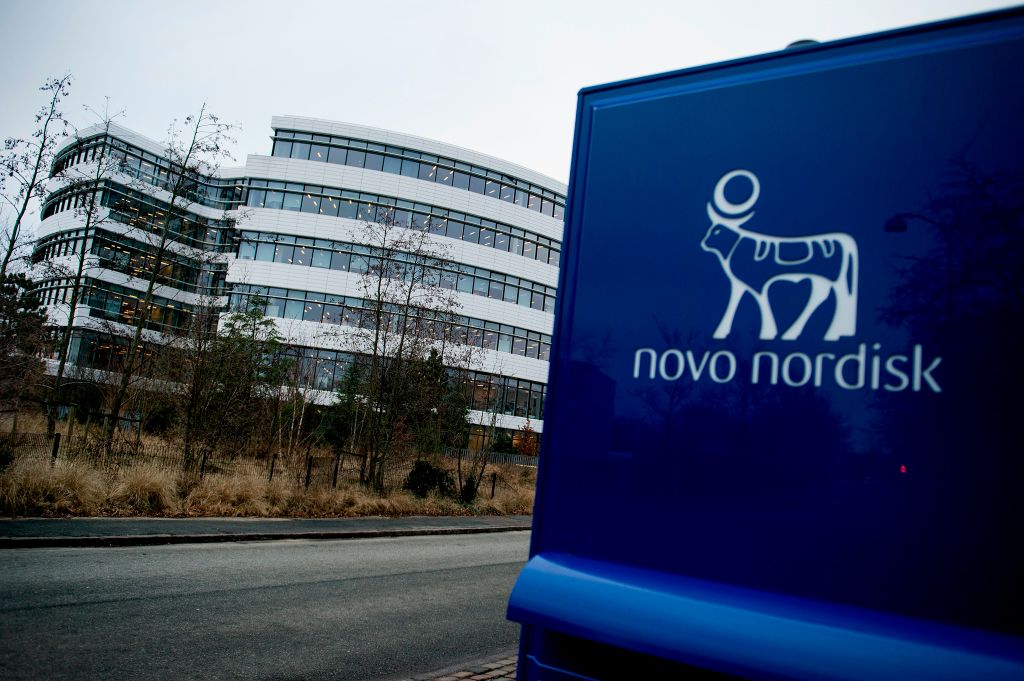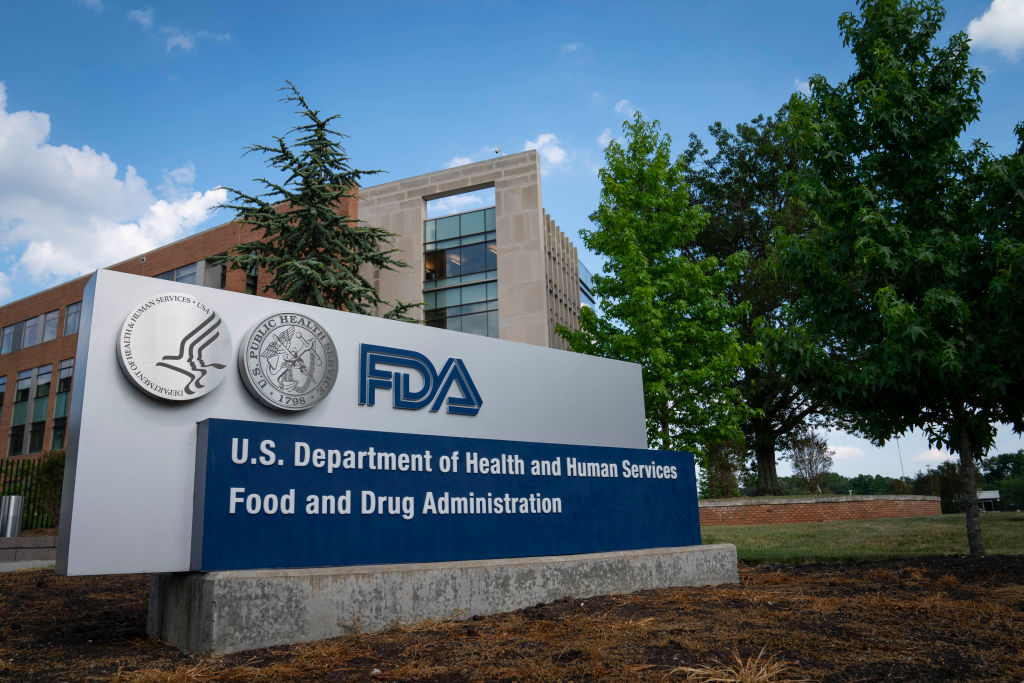
Ventyx Bio Cardiovascular Drug’s Phase 2 Results Set Up Talks With a Big Pharma Firm
In a placebo-controlled mid-stage study, Ventyx Biosciences’ oral NLRP3 inhibitor led to rapid and sustained reductions in levels of a protein that’s an indicator of cardiovascular disease risk. The brain-penetrating properties of this once-daily pill also have potential applications addressing inflammation that drives neurodegenerative disorders.












